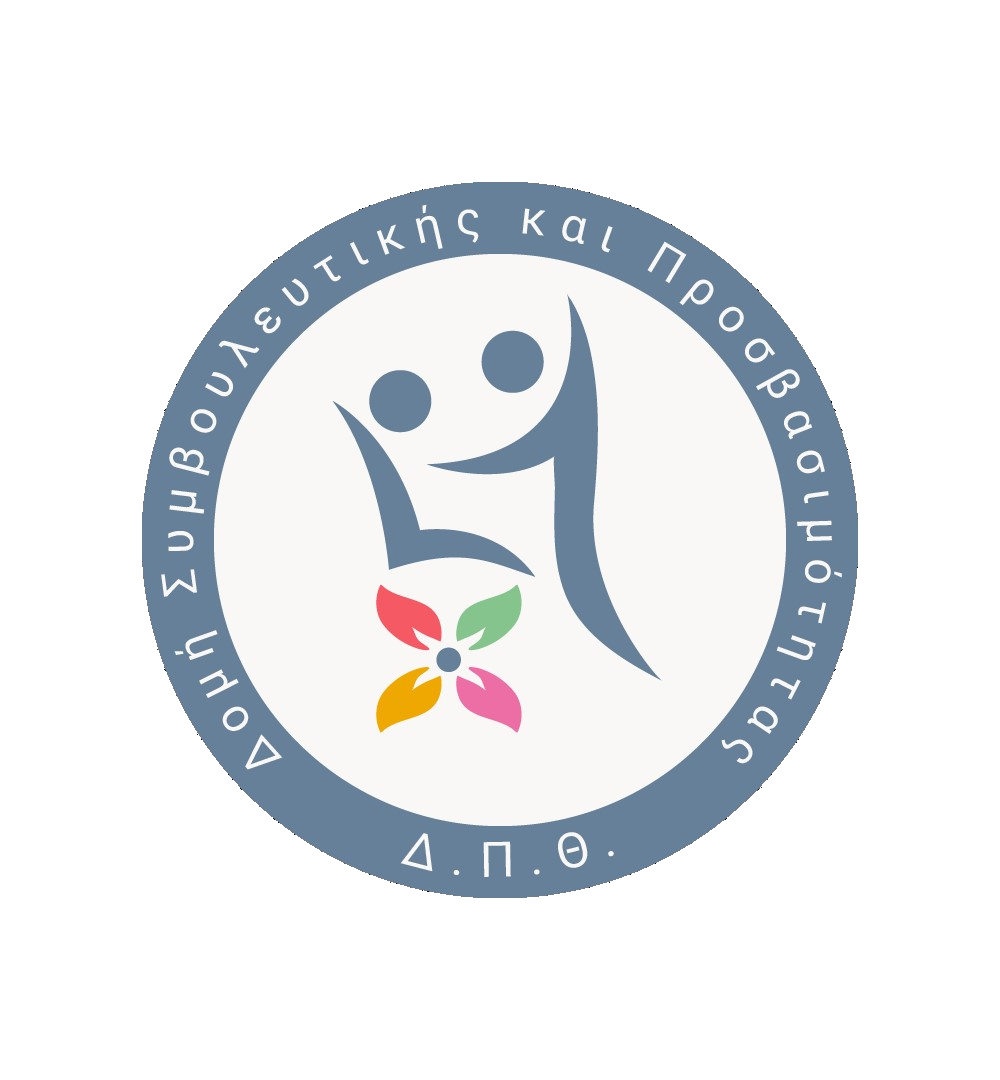Social Media
When we use the term «social media», we refer to a variety of internet platforms developed over the years, through which people interact, socialize or share content and ideas. Facebook, Twitter, Instagram, Youtube, Snapchat, Tik Tok, Viber, to name a few. Online gaming platforms, like Fortnite, have also begin to gain popularity as they feature chatrooms, thus enriching the game experience with online socializing and interacting spaces.
The use of social media is wide and it affects different aspects of everyday life, both positively and negatively.
Social Media & Self-image
One aspect of everyday life affected by the excessive use of social media is self-image. The frequent use of photography filters creates new beauty standards, it promotes the notion of “perfection” and alienates people from the image of a face or a body without them. As a result, when the view is not likeable, it causes negative comments, either from the person itself or from others. This situation concerns both men and women, of any age, despite the fact that social media use tends to be more intense in younger ages. Taking all of the above into consideration, it becomes clear that these behaviors contribute to shape, often from the beginning, a wrong self and body image and perception of beauty, leading people to be trapped in a never-ending chase of perfection and covering imperfections, in pursuit of an ideal that constantly changes, depending on each year’s trends. The constantly shown as the “ideal” body or face, creates a tend to compare and also high expectations, which people usually cannot meet, thus enhancing their sense of inferiority and decreasing their self- esteem.
Nevertheless, over the last years, social media users have turned to promote natural beauty as well, whereas campaigns are being made more and more often, in order to raise awareness, mostly in younger people, of self and body love, of accepting their natural beauty and overcome the excessive use of photography filters.
Social Media & Social Interaction
Another aspect that has been affected by the use and growth of social media, positively and negatively, is social interaction. Going back over the last years, we can’t help but acknowledge the importance of social media during the pandemic. Their presence was essential, as they were a mean to communicate, interact and get in touch with one another. However, as we get out of that situation, returning to a sense of normality, where the live interaction is not being experienced as a threat, it is important to return without sacrificing the live social interaction in the altar of the easiness and the comfort social media provide.
Of course, over the years, social media have made human communication easier, by annihilating the distances between people, on the other hand it has also contributed to their estrangement.
Communicating via chat messages is definitely easier and is associated with a feeling of greater safety than live interaction. It provides time to think and compose a text, without having to face the uncomfortable circumstance of having the recipient and its emotional responses in front of you. On the contrary, all of these are elaborately hidden behind the careful use of words and emoticons.
Social Media & Mental Health
Social media can make people feel more connected with others than they are in reality. However, their excessive use can make people feel alone and isolated, exactly because they spend too much time using their social media than interacting with others in real time. Constantly checking the social media can be rather addicting for some people. The fear of missing out on something exciting happening elsewhere while they are not present, the so called “FOMO” (Fear Of Missing Out), is enough to make them stay online all day. Thus, the use of social media becomes a self-purpose, while it is often being done at the expense of their everyday functions, causing them to neglect ever their fundamental needs. It is easy to lose track of time, scrolling through social media. But when their use comes to outweigh joining activities that use to be a source of joy or the involvement in them is only in order to post it on social media, then we can assume that there is an underlying problem. Thus, it is clear that the excessive use of social media can affect users’ health by causing sleep disorders, difficulty in concentrating and being productive, while their use has also been connected to the increase of anxiety levers and other mental health problems.
“I was out with my friends and we were having a good time, until I saw an Instagram post about a party going on at the same time, that I wanted to go to, and that ruined my mood.”
N. 19 y.o.
In conclusion…
Even though the presence of social media has been mostly helpful and it has contributed in many ways to the development and evolvement of different aspects of everyday life, like work, communication, creating attitudes and beliefs, we must not overlook the risks that come with their use. We should approach them critically and filter everything they promote, keeping in mind that the images shown are not always close to the reality. They are merely an aspect of it, carefully chosen by the impact they cause.


